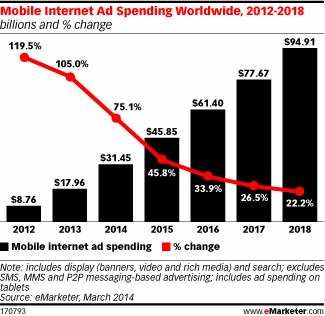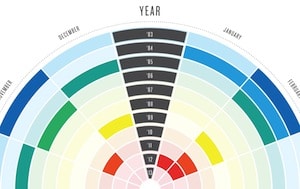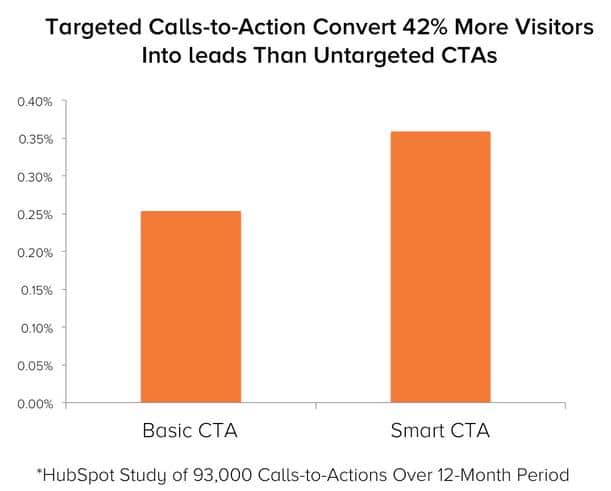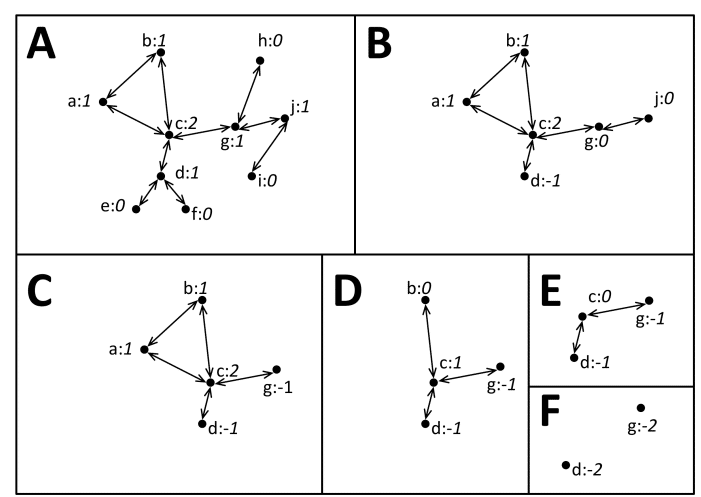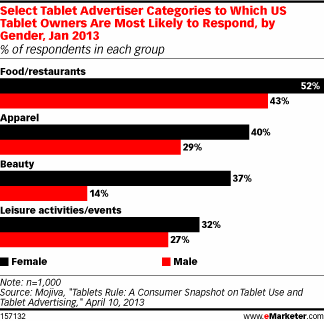The trend can’t be ignored any longer: Buyers are more informed and self-sufficient than ever before. They can do all the research they want about a particular product or service on the company website, and even buy online if the option is available.
So what role does the salesperson play in the new B2B buying journey?
This question was the topic of Andy Hoar’s presentation at the 2015 Forrester Sales Enablement Forum. And the principal analyst didn’t shy away from dropping the bomb that his research indicates is on the horizon.
Of the 4.5 million B2B salespeople in existence today, “we believe one million jobs will be net displaced by 2020,” Hoar said.
However, not all types of B2B salespeople will be impacted equally. Hoar identified four main seller archetypes, listed in order of representation in the overall population:
- Order takers: Salespeople who work with a non-complex buyer dynamic and non-complex product or service.
- Navigators: Salespeople who work with a complex buyer dynamic and non-complex product or service.
- Explainers: Salespeople who work with a non-complex buyer dynamic and complex product or service.
- Consultants: Salespeople who work with a complex buyer dynamic and complex product or service.
Of these personas, order takers are projected to take the biggest hit in jobs lost, according to Hoar.
“Order takers are in the cross hairs, because if [a buyer] knows what they want and they’re ready to buy it, just give it to them,” he said. “Enable them to buy it — don’t create friction.” These salespeople stand to be displaced by self-service portals.
Explainers are the second most at-risk group, thanks to sophisticated company websites. “If you look at really compelling websites, they provide things like how-to videos, detailed facts, and user-generated content,” Hoar said. “So as technology gets better at explaining things, we don’t need humans to explain any more.”
Navigators will take a small hit due to the rise of tools and integrations that streamline procurement. While 91% of B2B buyers in a Forrester survey said they would like to interact with a salesperson on price negotiations, Hoar said he sees “a clear trend toward software and algorithms doing more of that.”
But there was one bright spot — the consultant category is expected to grow instead of shrink, according to Hoar.
“Consultants are a qualitatively different bunch of people,” Hoar said. “They can explain abstract concepts; they can solution sell; they can build relationships. They’re true consultants.”
So while this research doesn’t spell the demise of all salespeople, it certainly puts a date on the death of the traditional salesman. What should companies do to mitigate the impact on their sales teams?
Hoar offered a few suggestions. First, he recommended scaling back on field sales in favor of inside and online models, especially in the “order taker” category.
In addition to changing sales models, he also suggested reexamining business models. “The reality is a lot of B2B companies we talk to are getting out of the product business entirely — they’re now doing services,” he said. Lastly, he advised that organizations embrace technology and adopt new tools to radically alter their sales operations.
As for individual reps? “Not everybody’s going to make it,” Hoar acknowledged. While much of the burden of reskilling salespeople falls on companies in the form of reimagining sales and marketing processes, salespeople would be smart to start tweaking their personal techniques today. Your job might depend on it.


